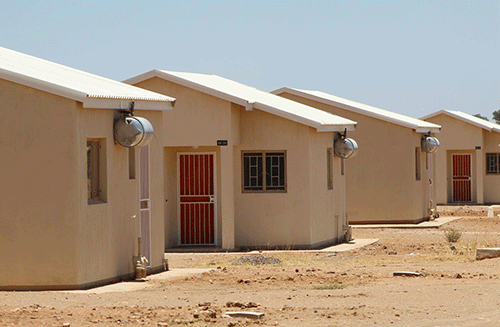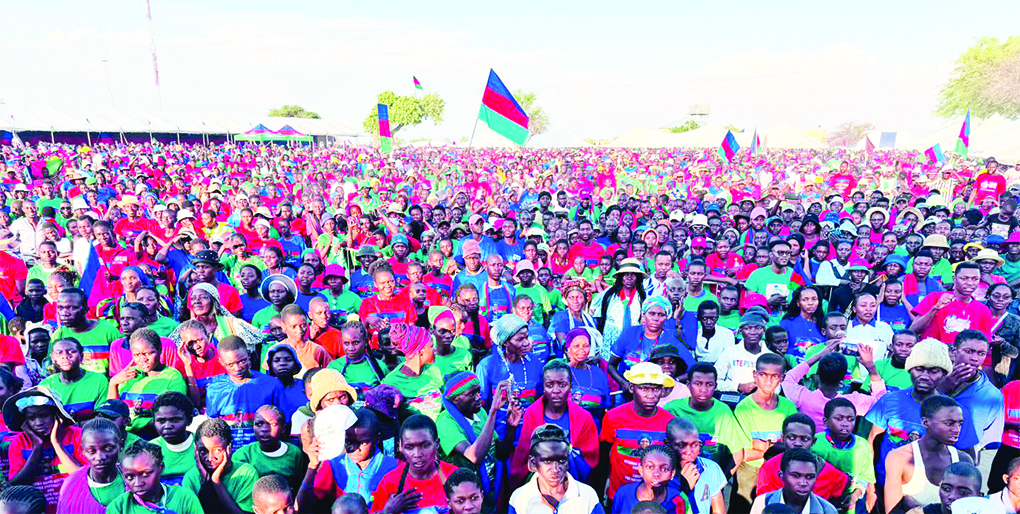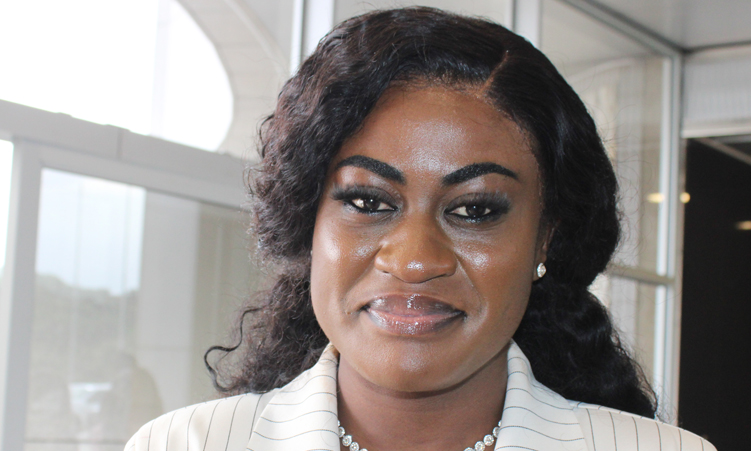SAPPORO – Between surging oil prices, food inflation and a credit crunch that’s depressed global growth, leaders from the Group of Eight economic powers face the gravest combination of economic woes in at least a decade when they gather this week.
The outlook has darkened dramatically since last year’s summit in Germany, when the leaders declared the global economy was in “good condition” and oil cost US$70 a barrel – which seemed high at the time. Since then, the US subprime mortgage crisis has erupted, roiling markets and battering financial firms.Oil has doubled to above US$140 and food prices have jumped, hurting the poor in particular and raising the threat of political instability.”Things have changed for the worse across the board,” said Robert Hormats, vice chairman at Goldman Sachs (International) Corp.in New York.Hormats argues that the economic problems now are more serious and widespread than during the Asian financial crisis of 1997-98, where the pain was largely limited to emerging markets.”Now you have a financial disorder where the epicentre is the US.,” he said.And fuel and food inflation “are serious matters that affect large numbers of people.”Host Japan had put global warming at the top of the summit’s agenda, but the dilemma of how to respond to accelerating inflation and slowing global economic growth could grab the spotlight.Prime Minister Yasuo Fukuda has said he hopes the July 7-9 meeting at a hot springs resort in Hokkaido, Japan’s northern island, will “show some direction” in tackling oil and food prices but stressed it was only “one step” in a longer process.Nampa-APSince then, the US subprime mortgage crisis has erupted, roiling markets and battering financial firms.Oil has doubled to above US$140 and food prices have jumped, hurting the poor in particular and raising the threat of political instability.”Things have changed for the worse across the board,” said Robert Hormats, vice chairman at Goldman Sachs (International) Corp.in New York.Hormats argues that the economic problems now are more serious and widespread than during the Asian financial crisis of 1997-98, where the pain was largely limited to emerging markets.”Now you have a financial disorder where the epicentre is the US.,” he said.And fuel and food inflation “are serious matters that affect large numbers of people.”Host Japan had put global warming at the top of the summit’s agenda, but the dilemma of how to respond to accelerating inflation and slowing global economic growth could grab the spotlight.Prime Minister Yasuo Fukuda has said he hopes the July 7-9 meeting at a hot springs resort in Hokkaido, Japan’s northern island, will “show some direction” in tackling oil and food prices but stressed it was only “one step” in a longer process.Nampa-AP
Stay informed with The Namibian – your source for credible journalism. Get in-depth reporting and opinions for
only N$85 a month. Invest in journalism, invest in democracy –
Subscribe Now!










